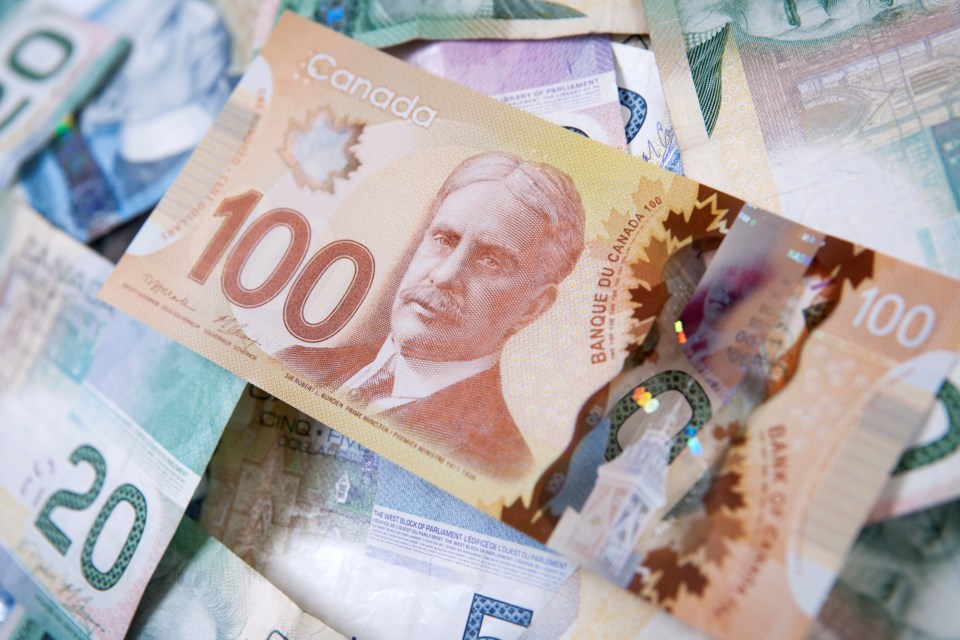Real estate and construction dominate the list of top corruption concerns in B.C., according to a new poll.
Tuesday’s survey from the Angus Reid Institute reveals 65 per cent of British Columbians believe the real estate industry is vulnerable to corruption, while 43 per cent see the construction sector as vulnerable to corruption.
These percentages were markedly higher in B.C. compared with other provinces, although the two industries remain significant concerns nationally as well.
“Examples in the construction industry centre around collusion and bribery, wherein municipal bids can be manipulated for certain firms, or seemingly competitive processes can be corrupted,” said the report from the Angus Reid Institute, done in partnership with Mindset Social Innovation Foundation and the World Refugee and Migration Council.
“In real estate, tens of billions of dollars are thought to be laundered every year. Both of these aforementioned industries are seen as susceptible to corruption by at least half in Canada.”
Most Canadians perceive corruption is widespread in their country, with half the public believing it’s a significant cause of higher prices for shelter, groceries and other necessities.
“Canadians believe the corruption they see as common around them is also having an impact on this rising cost of living,” said the report. “Half (50 per cent) believe illegal activities play ‘a big role’ in the rising costs of housing and food in their community, while one-third (35 per cent) believe it plays a role but a minor one.”
Overwhelming percentages of respondents believe tax evasion (91 per cent), business corruption (90 per cent), political corruption (86 per cent) and money laundering (81 per cent) are "common" or "extremely common" in their province.
Tax evasion can include taking cash payments and not declaring income, while business corruption can include overcharging customers or misrepresenting goods and services. Political corruption can include backroom deals or bribes, and money laundering is the concealment of the origins of illegally obtained money.
It’s not just a matter of perception. Two in five Canadians (42 per cent) said they have dealt with a business that practised corruption or was apparently connected to the underground economy. The survey found that 73 per cent of those who experienced suspicious interactions did not report them to authorities, with 42 per cent believing it wouldn’t make a difference and 23 per cent fearing retribution.
The survey revealed a lack of trust in authorities to combat corruption. The vast majority (88 per cent) felt those who practise corruption "get away with it," and 65 per cent had “no trust” in politicians to follow laws and regulations.
Despite these findings, Canada remains one of the least corrupt countries in the world, according to Transparency International, although its score has fallen over the past decade as trust has eroded in public and private institutions.
The report cited notable examples such as the SNC-Lavalin affair, in which the Prime Minister’s Office was accused of interfering in the justice system; and last month’s $3-billion plea deal by TD Bank’s U.S. subsidiaries to settle money laundering charges.
In 2022, the Cullen Commission shined a spotlight on money laundering in B.C., with some key recommendations not yet implemented by the provincial government. Real estate in particular is seen as a vehicle for laundering illicit funds and giving them an air of legitimacy.
The online survey was conducted Nov. 14-19, 2024, among a representative, randomized sample of 1,615 Canadian adults.




